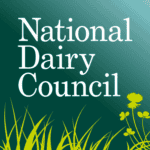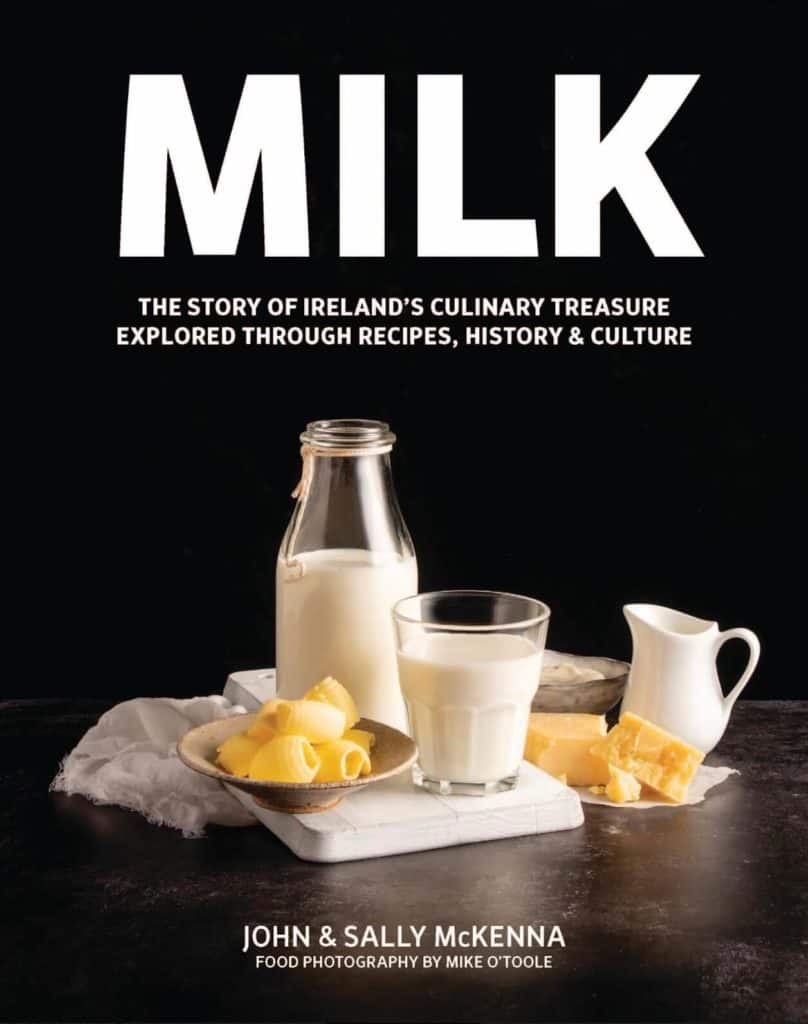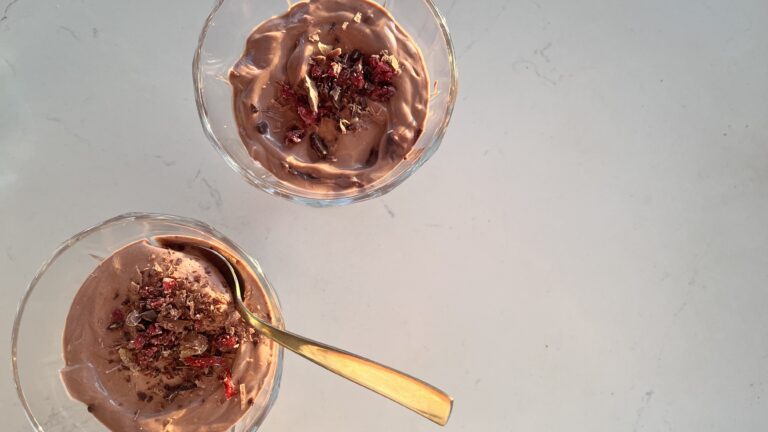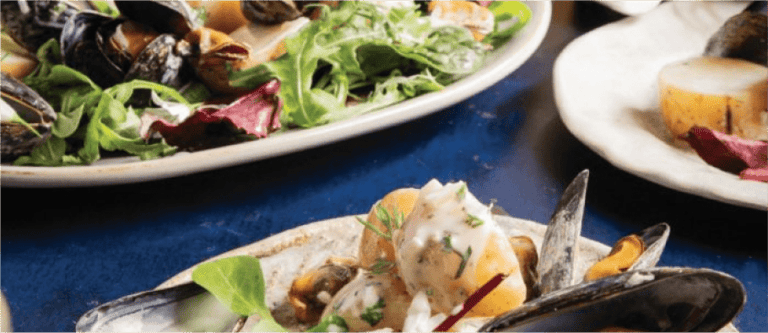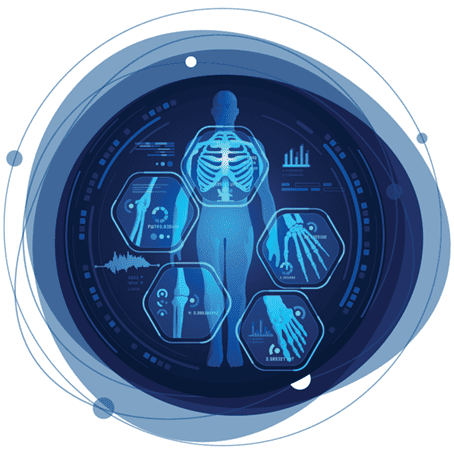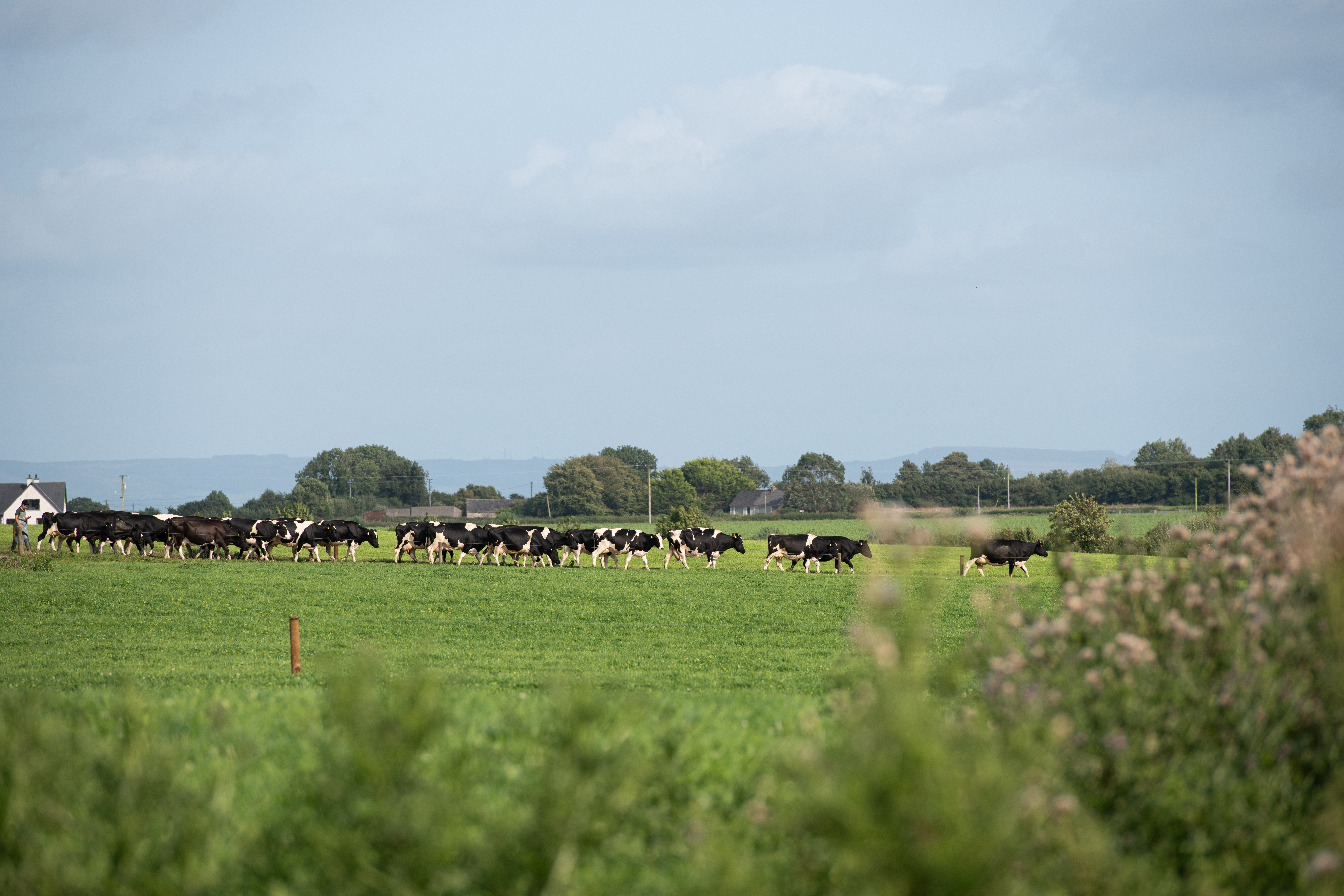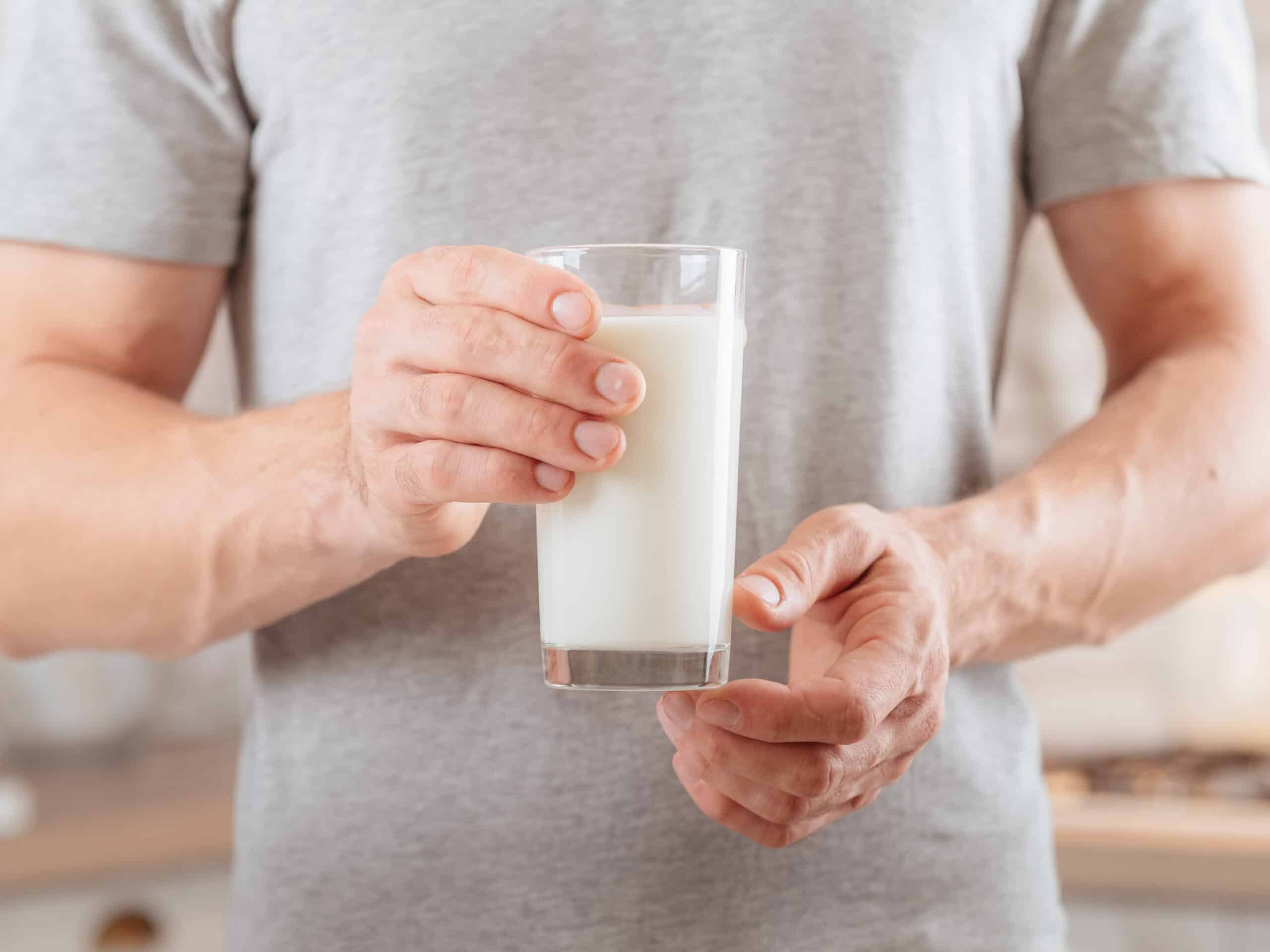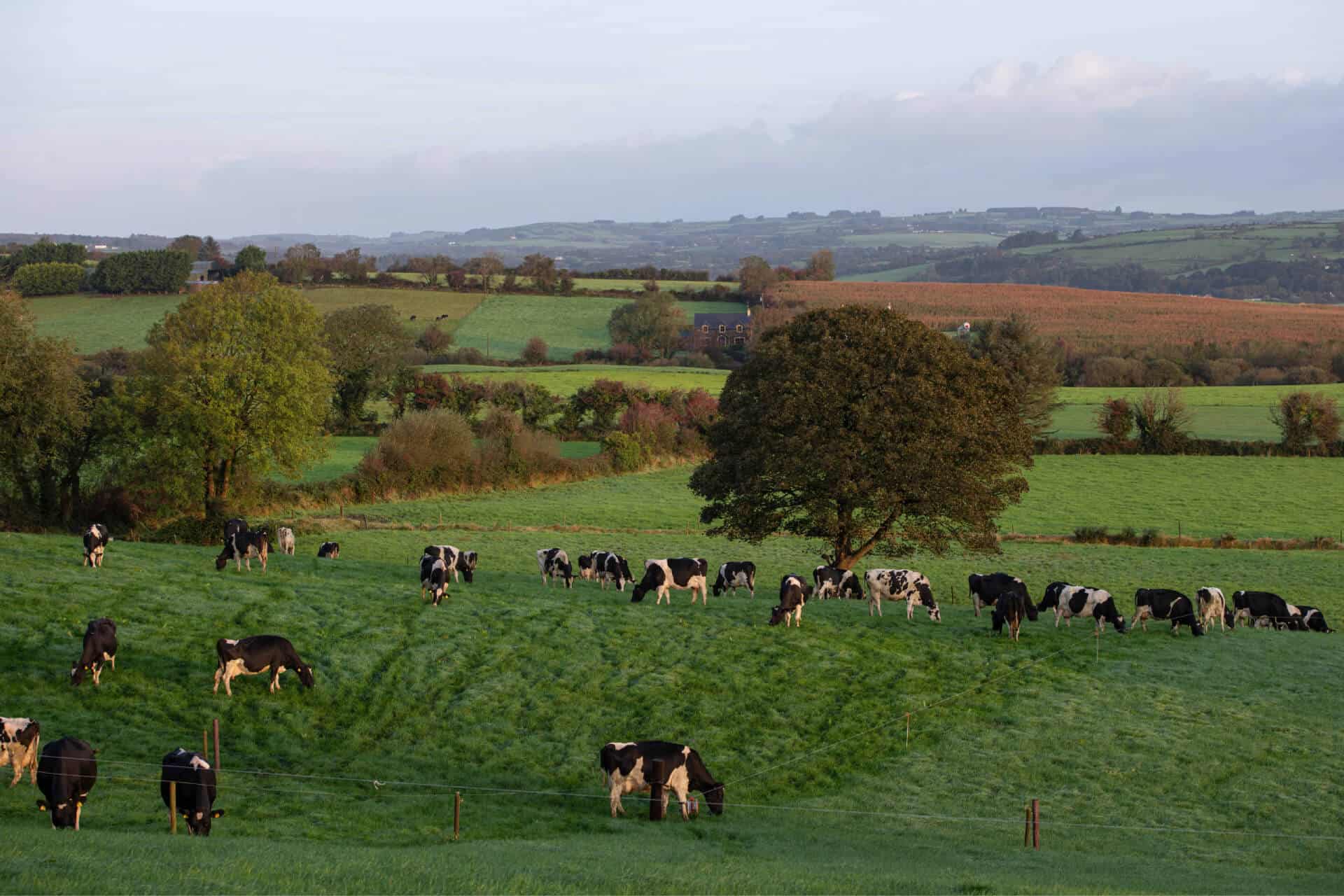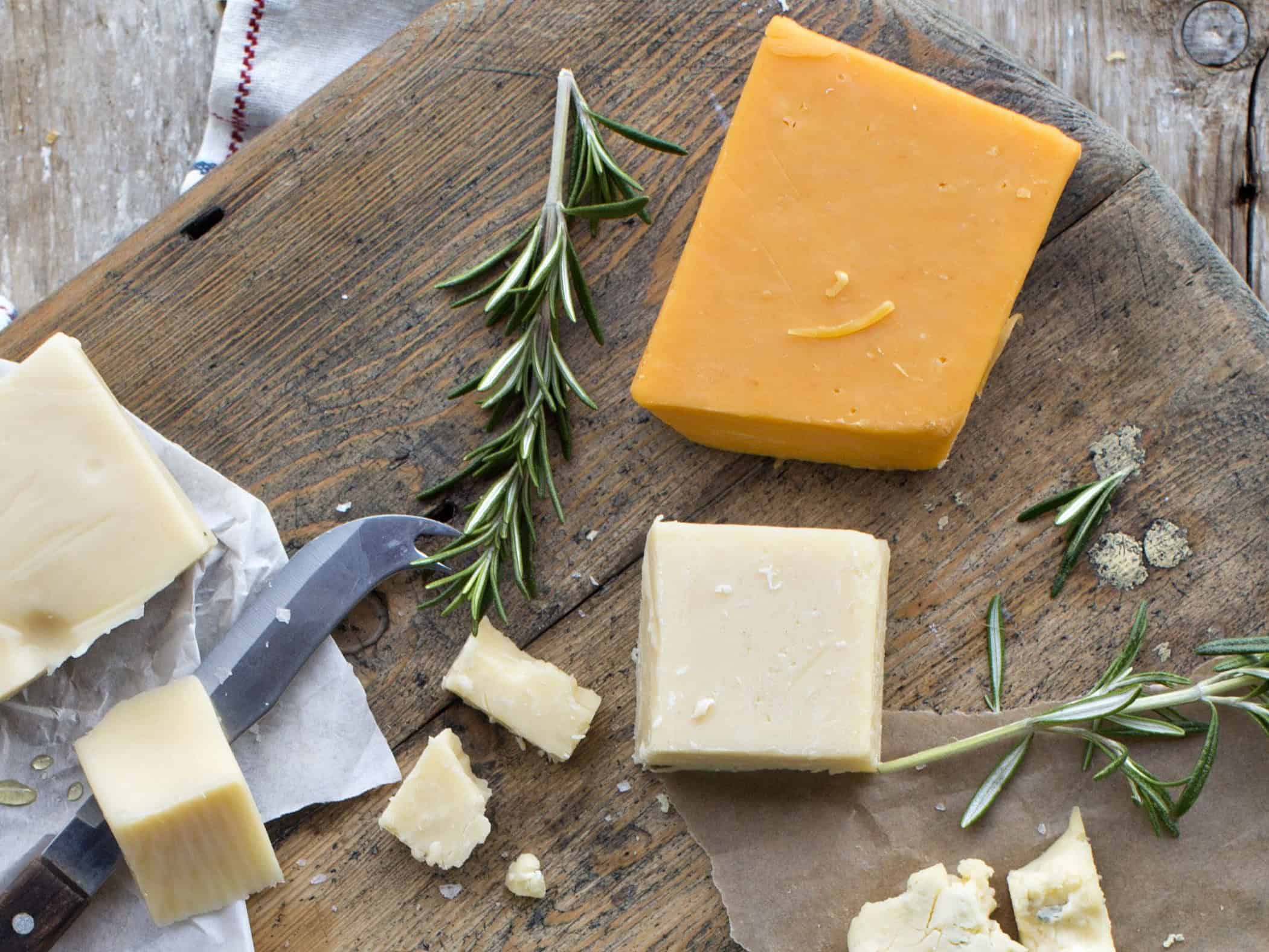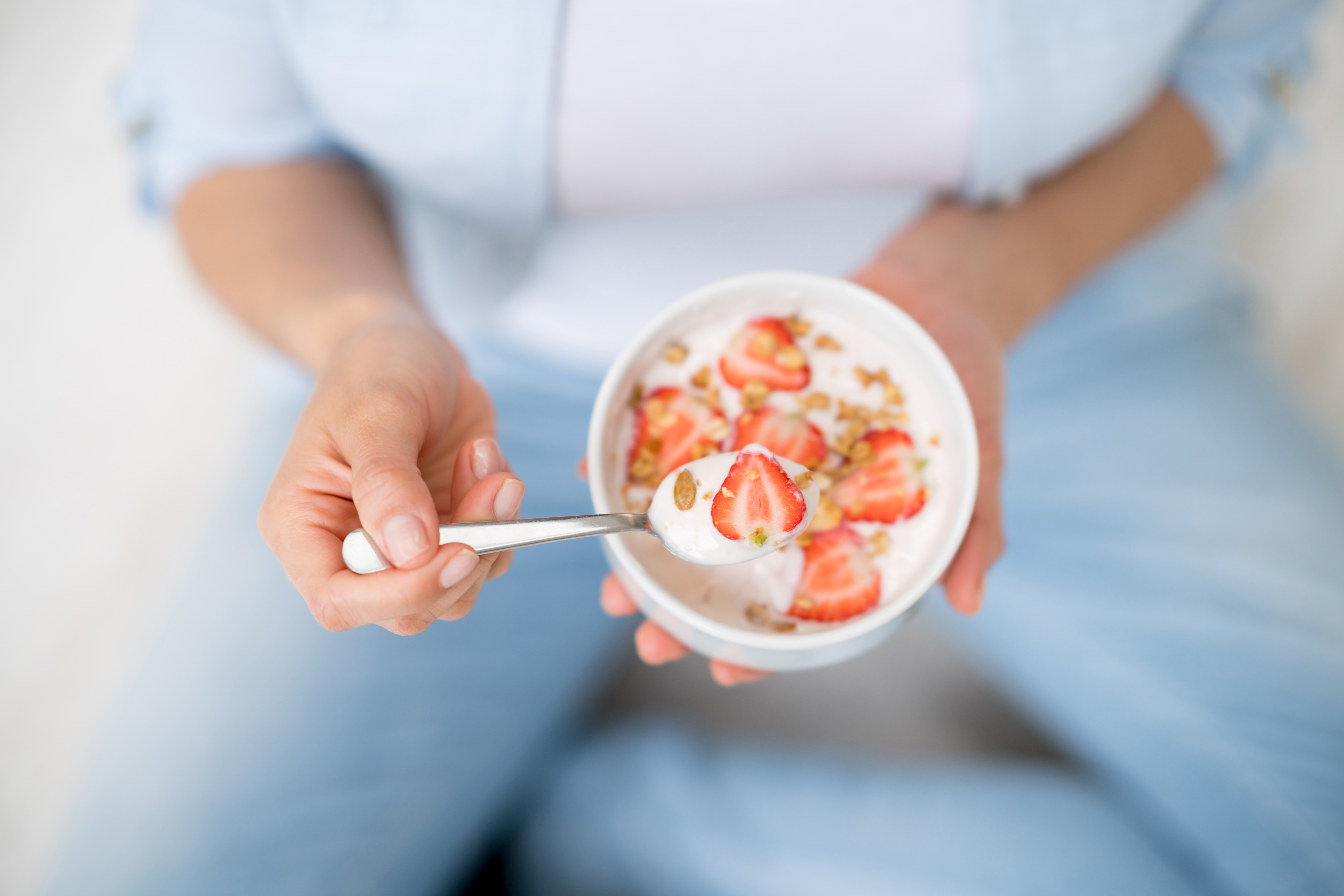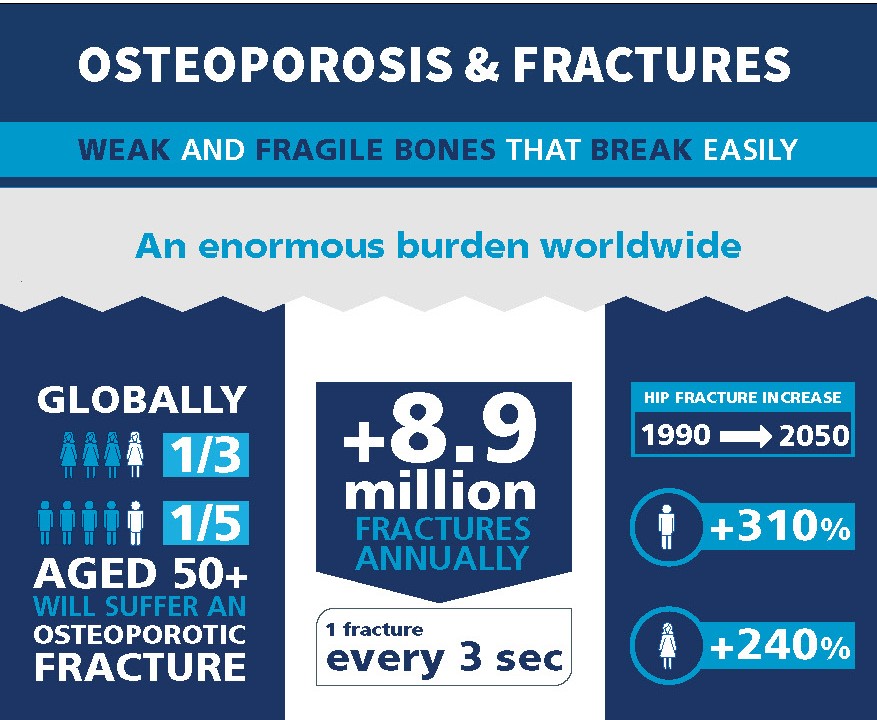Let’s face it: after a festive season of perhaps a bit too much indulgence, January rolls around and suddenly we’re spiralling into guilt over those extra pounds. Or maybe you’re just eager for a fresh start in the new year. But here’s the key—balance is everything. Instead of depriving your body, focus on nourishing it. With so much unreliable dietary advice floating around, it’s no wonder people are confused about the best choices for healthy eating.
Sustainable Changes Over Quick Fixes
Independent Dietitian Sarah Keogh of Eatwell advises against drastic overhauls and crash diets.
“Avoid big changes and crash diets. Try picking one or two areas of food to really work on,” she suggests. “You might decide to get more fruit and vegetables into your diet or ensure you’re getting enough calcium and vitamin D—after all, bones don’t look after themselves! Whatever your focus, make a plan, buy the foods, and tackle one or two things at a time. Once you have one good habit bedded in, move onto the next one. This might be a slower approach than the promised ‘lose two stone by February,’ but it’s more sustainable, and you’re much more likely to still be following those habits this time next year.”
Portion Control is Key
Many jump into the new year with crash diets, hoping to lose weight overnight. However, these methods are unhealthy and unsustainable. Keogh highlights the importance of portion sizes over eliminating favourite foods.
“It’s not about cutting out favourite foods; it’s about reducing the amounts. Balance meals—one-quarter protein, one-quarter carbs, and half vegetables or salad—and use a smaller plate. Opt for smaller sizes of treats: a small muffin, a small bar of chocolate, and don’t open a sharing bag of crisps unless you’re going to share them.”
Beware of Cutting Out Whole Food Groups
She also warns against the trend of eliminating entire food groups without reason.
“There are always fashions around foods that people cut out—in the 1990s it was fat, ten years ago it was carbs, today it’s dairy. What so-called ‘experts’ on social media don’t tell you is that food groups offer more than just their main nutrient. Carbs have fibre, antioxidants, minerals, and B vitamins. Dairy has calcium but is also a key source of iodine, vitamin B12, and protein. Cutting out whole food groups means you’re missing out on more than you think—and there’s no science behind these fashions.”
Are Dairy Myths Putting Your Health at Risk?
Dairy foods have been a cornerstone of the Irish diet for over 5,000 years. Yet, recent decades have seen a steady decline in consumption. Research shows that Irish people are consuming less than half the recommended three servings per day. Alarmingly, only 4% of teenagers meet the Department of Health’s recommendations, directly impacting their calcium intake—with 51% not getting enough. Given calcium’s crucial role in maintaining normal bones, low intakes are particularly concerning during the teenage years, a critical life stage for bone development.
Don’t Overlook the Nutritional Value of Dairy
Often overshadowed as a simple staple, it’s important to remember that the ‘milk, yogurt, and cheese’ food group holds a prominent place in dietary guidelines worldwide. They’re not only rich in calcium but also naturally contain a wide range of other vital nutrients such as protein, B-vitamins, potassium, phosphorus, and iodine. These nutrients work synergistically, contributing to many essential processes in the body, making dairy a cornerstone of a healthy, balanced diet for people of all ages. Replacing this unique package of nutrients found in dairy is challenging.
Is Dairy Fattening?
Foods high in calories or fat are often labelled as ‘fattening.’ However, it’s portion size and frequency that truly determine if a food contributes to weight gain. A 200ml glass of semi-skimmed milk provides less than 5% of both the calories and fat in a standard 2,000 kcal diet. Therefore, dairy foods can be enjoyed as part of a balanced diet without being ‘fattening.’ Higher-fat products like butter and cream should be used sparingly due to their higher calorie content but can still be part of a healthy diet when consumed in moderation.
Embrace Balance and Nourishment
As you embark on your health journey this year, remember that nourishing your body with balanced choices is more effective and sustainable than any quick-fix diet. Don’t let unfounded myths steer you away from foods that offer genuine nutritional benefits.
Notes to Editors:
By the way, it’s fascinating how incorporating traditional staples like dairy can make such a positive impact on our overall health. If you’re curious about sustainable dietary practices or how to balance modern nutrition with time-honoured foods, there’s a wealth of information on NDC’s website at www.ndc.ie and for a selection of delicious healthy dishes to start the year well visit https://ndc.ie/recipes
For further information and to set up an interview with Senior Nutritionist Dr Mary Harrington, please contact Jeremy Probert at 4TC on 089 700 0792 | Email: jeremy@4tc.ie.
